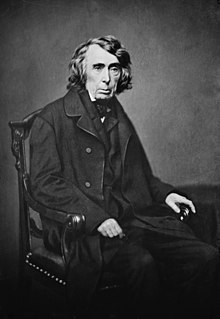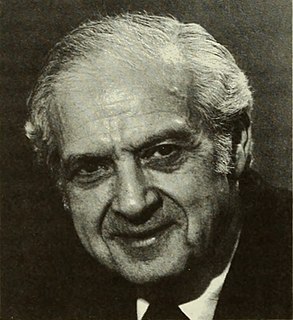A Quote by Roger Brooke Taney
We must look at the institution of slavery as publicists, and not as casuists. It is a question of law, and not a case of conscience.
Quote Topics
Related Quotes
On some positions, cowardice asks the question, is it expedient? And then expedience comes along and asks the question, is it politic? Vanity asks the question, is it popular? Conscience asks the question, is it right? There comes a time when one must take the position that is neither safe nor politic nor popular, but he must do it because conscience tells him it is right.
Talk about slavery! It is not the peculiar institution of the South. It exists wherever men are bought and sold, wherever a man allows himself to be made a mere thing or a tool, and surrenders his inalienable rights of reason and conscience. Indeed, this slavery is more complete than that which enslaves the body alone.
Thus, if there exists a law which sanctions slavery or monopoly, oppression or robbery, in any form whatever, it must not even be mentioned. For how can it be mentioned without damaging the respect which it inspires? Still further, morality and political economy must be taught from the point of view of this law; from the supposition that it must be a just law merely because it is a law. Another effect of this tragic perversion of the law is that it gives an exaggerated importance to political passions and conflicts, and to politics in general.
The inconsistency of the institution of domestic slavery with the principles of the Declaration of Independence was seen and lamented . . . no insincerity or hypocrisy can be fairly laid to their charge. Never from their lips was heard one syllable of attempt to justify the institution of slavery. They universally considered it as a reproach fastened upon them by the unnatural step-mother country and they saw that before the principles of the Declaration of Independence slavery, in common with every other mode of oppression, was destined sooner or later to be banished from the earth.
































